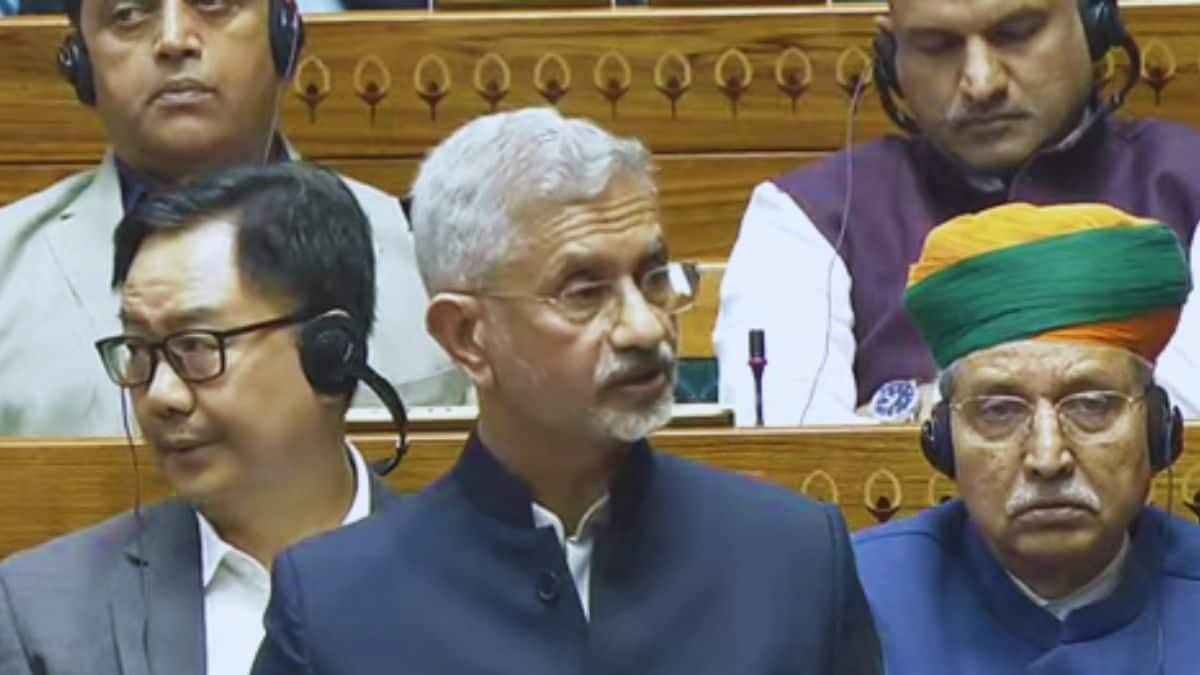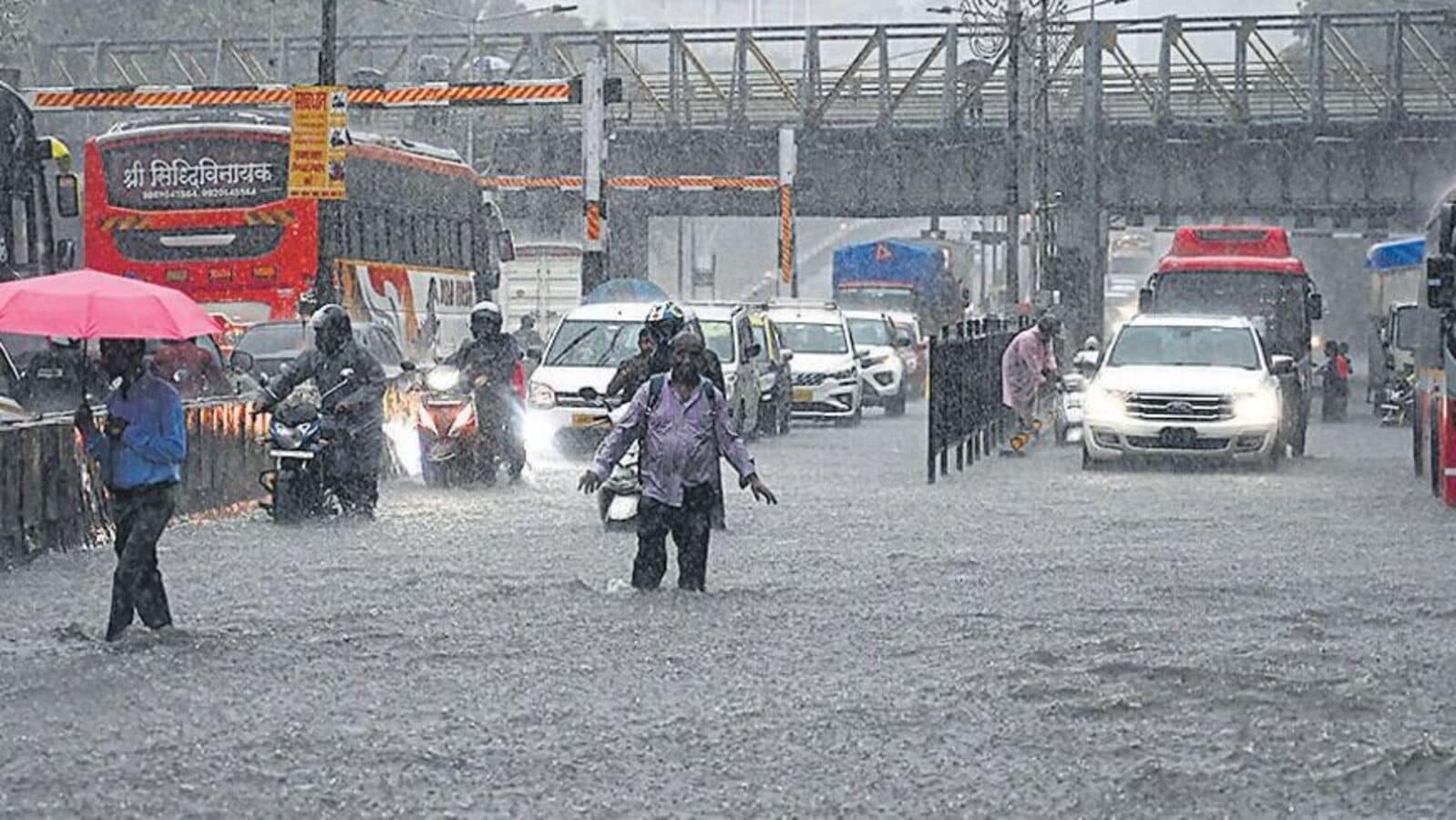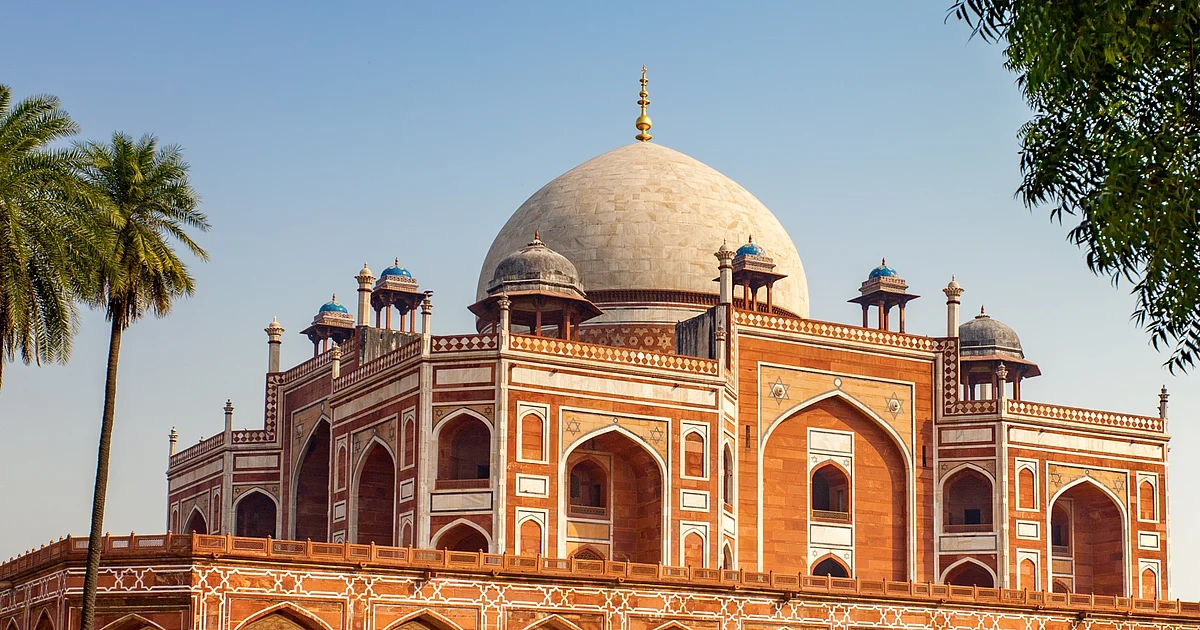Last Updated:
S Jaishankar has said there are improvements in India-China relations. During his Lok Sabha address, he also said disengagement has been achieved in full in eastern Ladakh.

EAM S Jaishankar speaks in Lok Sabha
External Affairs Minister S Jaishankar on Tuesday said full disengagement has been achieved in eastern Ladakh and that the India-China ties have seen some improvements.
Addressing the Lok Sabha on the India-China border row, the EAM, during the Winter Session of the Parliament, also said the next priority for India would be to continue de-escalation.
“Recent developments that reflect continuous diplomatic engagements have set Indo-China ties in the direction of some improvement. Disengagement has been achieved in full in eastern Ladakh,” Jaishankar said today.
“I rise to apprise the House of some recent developments in the India-China border areas and their implications for our overall bilateral relations. The House is aware that our ties have been abnormal since 2020 when peace and tranquillity in the border areas were disturbed as a result of Chinese actions,” the EAM said.
“Recent developments that reflect our continuous diplomatic engagement since then have set our ties in the direction of some improvement. The House is cognizant of the fact that China is an illegal occupation of 38,000 square km of the Indian territory in Aksai Chin as a result of the 1962 conflicts and the events that preceded it,” he said.
“Furthermore, Pakistan illegally ceded 5,180 square km of the Indian territory to China in 1963, which has been under its occupation since 1948. India and China have held talks for multiple decades to resolve the boundary issue. While there is a Line of Actual Control (LAC), it does not have a common understanding in some areas.”
“We remain committed to engaging with China through bilateral discussions to arrive at a fair, reasonable and mutually acceptable framework for a boundary settlement. Members would recall that the amassing of a large number of troops by China along the LAC in eastern Ladakh in April-May 2020 resulted in face-offs with our forces at a number of points. The situation also led to the disruption of patrolling activities. It is to the credit of our armed forces that despite logistical challenges and the then prevailing Covid situation, they were able to counter-deploy rapidly and effectively,” Jaishankar said.
#WATCH | In the Lok Sabha, EAM Dr S Jaishankar says “The situation arising after our counter deployment in 2020 called for multiple sets of responses. The immediate priority was to ensure disengagement from friction points so that there would be no further untoward incidents or… pic.twitter.com/7hpZcWvcco— ANI (@ANI) December 3, 2024
Speaking further, the EAM said, “The government has maintained that India-China relations cannot be normal without peace at border areas. We remain committed to engaging with China to arrive at a fair, mutually acceptable framework for boundary settlement.”
“The situation arising after our counter-deployment in 2020 called for multiple sets of responses. The immediate priority was to ensure disengagement from friction points so that there would be no further untoward incidents or clashes. This has been fully achieved. The next priority will be to consider de-escalation, which would address the massing of troops along the LAC with associated accompaniments,” the EAM told the House.
“It is also evident that the management of the border areas will require further attention in the light of our recent experiences,” he added.
“In all of this, we were and we remain very clear that the three key principles must be observed in all circumstances – both sides should strictly respect and observe the LAC, neither side should attempt to unilaterally alter the status quo, and agreements and understandings reached in the past must be fully abided by in their entirety,” Jaishankar said.
The External Affairs Minister also briefed the House on October 21, when India announced that it had reached an agreement with China on patrolling along the LAC. The deal was confirmed by China the next day, with Beijing saying that a resolution has been reached on “relevant matters” and that it would work with New Delhi to implement these resolutions.
“Following the October 21 understanding, Prime Minister Narendra Modi and President Xi Jinping had a meeting on the sidelines of the BRICS Summit in Kazan on October 23. They welcomed the understanding and directed the foreign ministers to meet and stabilise and rebuild the relationship,” Jaishankar said.
India and China have been in a military standoff since May 2020, after troops were engaged in a violent confrontation in Galwan Valley.





